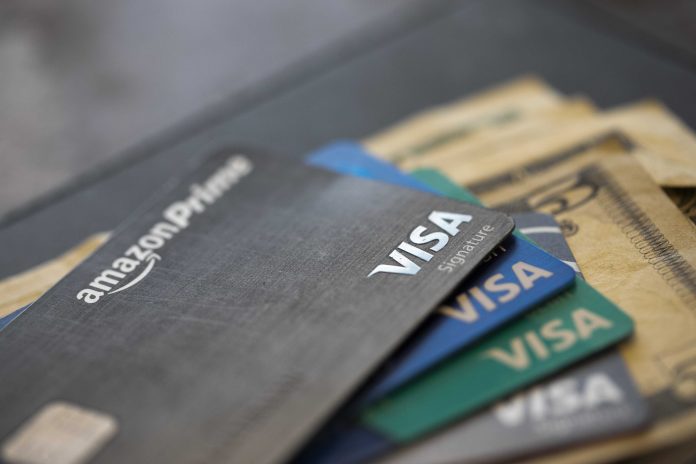
Thanks to quick online applications and, in some cases, instant approval, credit cards make it as easy to build your credit history as it is to make purchases. But they can also make it easy to fall into debt if you struggle to pay on time or tend to spend more than you have.
As a result, some people regard credit cards with skepticism: 17% of U.S. adults don’t have one, according to a 2019 Federal Reserve report.
No financial product is one-size-fits-all, and it’s OK if credit cards aren’t for you. There are other ways to establish credit — and keep your credit scores high — that don’t involve a credit card.
BE DILIGENT ABOUT LOAN PAYMENTS
If you’re already making on-time payments on an installment loan, like a student loan, your efforts are making a difference. Loan payments are reported to credit bureaus, so over time, this can build your credit history.
“Student loans are often the easiest loans to qualify for, especially when you are very young,” says Adam Sanders, director of Successful Release, a Philadelphia-based organization focused on helping former offenders find financial and professional success after prison. He adds that “student loans are often the way that many adults begin building their credit.”
No student loan in your name? A credit-builder loan from a bank or credit union may be an option. With this loan, the lender deposits a preset amount into a savings account, and you make monthly payments until the deposit is repaid.
PAY OTHER BILLS ON TIME
Other bills that you pay on time each month — cable, water, power, etc. — don’t generally have a direct effect on your credit reports, but that doesn’t mean they’re not important to your overall financial health.
“You must maintain impeccable nontraditional credit,” says Roslyn Lash, an accredited financial counselor, author of “The 7 Fruits of Budgeting” and founder of FinCoach Consulting in Winston-Salem, North Carolina.
Skipping out on things like utility and cell phone bills could send those accounts into collections, which definitely can harm your credit.
PUT OTHER GOOD PAYMENT HISTORIES AND HABITS TO WORK
Speaking of utility and cell phone bills: While these on-time payments traditionally aren’t factored into credit reports, tradition is changing. Experian Boost offers a free way to add positive bill payment information for those kinds of expenses to your Experian credit report. To participate in Experian Boost, you must create an account through Experian.
“Two out of three consumers see an improvement in their credit scores, with an average increase of about 13 points,” says Rod Griffin, senior director of consumer education and advocacy for Experian. “People with thin credit files, with fewer than five credit accounts, are reporting an average increase of 19 points on their FICO 8 scores.” (There are many FICO score versions; FICO 8 is among the most widely used in approval decisions.)
The catch? Not all lenders use Experian or the scoring models affected by Experian Boost when making lending decisions.
Another scoring model, known as UltraFICO, is still in the pilot phase. Once it becomes publicly available, consumers can opt in to allow access to their checking and savings account activity. This includes how long accounts have been open, the recency and frequency of bank transactions, evidence of consistent cash on hand and a history of positive account balances. Like Experian Boost, however, opting into UltraFICO won’t have an impact on all of your credit scores.
Paying your rent, too, can help build your credit history. Some landlords and property management companies already report payments to credit bureaus, but if yours doesn’t, ask if they would be willing to start. Or consider signing up for a rent-reporting service. A record of on-time rent payments not only helps your credit, but it also makes it easier to qualify for other rental homes in the future.
BECOME AN AUTHORIZED USER
This does involve getting a credit card, but it doesn’t require you to open the account yourself, use it or even have the card on hand.
It requires only that a primary account holder — perhaps a family member or loved one — adds you to their account. You’ll be issued your own card, but the primary user is liable for any debt you accrue.
To bolster a thin credit file, be sure the primary user already has a good and lengthy credit history and check to see if the card issuer reports authorized users to the credit bureaus.



















